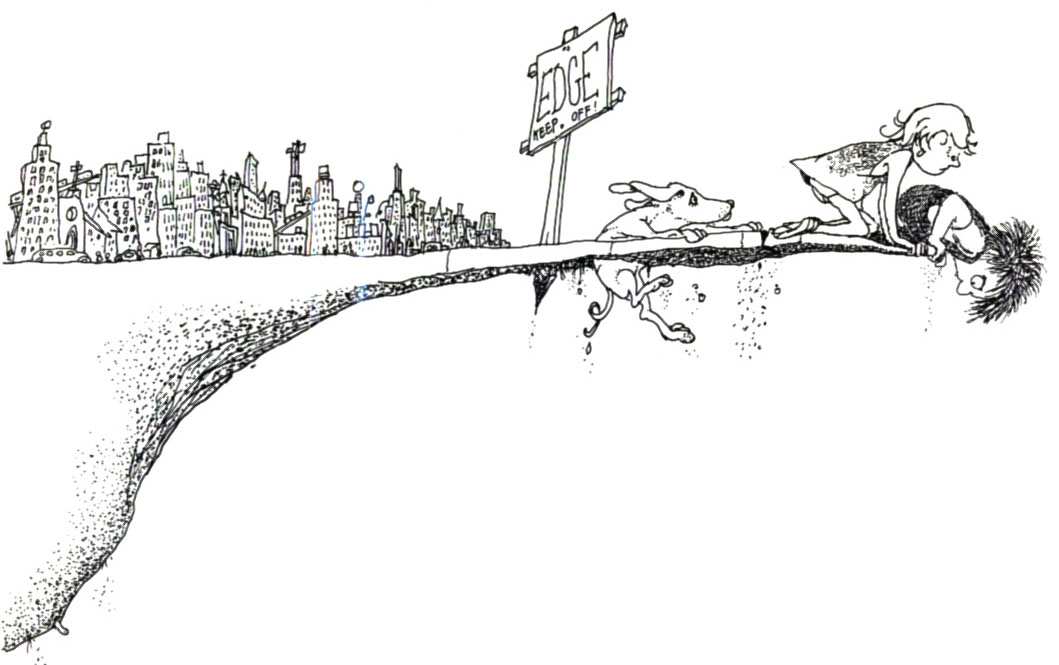I believe in the right to self-defense. I believe that that right encompasses, to some extent, the right for individuals to bear arms — even though that's a particular right I personally choose not to exercise it.
By recognizing that right I have, in recent years, focused my solutions to the gun-violence problem around the edges — solutions I thought might be effective in keeping guns out of the wrong hands (convicts, the mentally ill, domestic abusers, and so forth). I've even suggested expanding gun-safety classes. (Yes, I've also argued that guns, far from being the inanimate objects their defenders try to suggest they are, are uniquely efficient tools of death. It's possible to hold both ideas in my head.)
It's meant nothing.
The latest mass shooting has changed my mind on one part of the issue, though. I now favor an assault weapons ban.
My conservative friends will be angry with me. Some will say "what do you mean by assault weapons?" They've decided to contest such efforts, essentially, by essentially denying that any such category exists or can even be reasonably defined, mocking the lack of gun knowledge possessed by anti-gun activists.
But — my conservative friends will object to this — we know assault when we see them. As I say in my latest column with Ben Boychuk:
"
The Orlando attacker used a high-power semi-automatic rifle with a large, easily reloadable magazine. This allowed him to kill or injure a large number of people in a relatively short time. Most people recognize such a gun for what it plainly is: An assault weapon."
I'll let the lawyers come up with a more precise definition.
But yeah: An assault weapon makes it easy to fire rounds quickly, and features a large magazine so the shooter can fire many rounds quickly. If guns are uniquely efficient tools of death, then what we commonly understand to be assault weapons exist on a whole other plane.
The fair question to this is:
Will it work? The answer:
It probably depends on how the law is executed.
I don't pretend this is a perfect answer to the gun violence problem. But reducing the number of assault weapons available to the public might begin to reduce the number of mass shootings American experiences. Even that won't be perfect: Dylann Roof, after all, killed nine people in a Charleston church using nothing more than a handgun.
My conservative friends will suggest I want to infringe on their rights — that I'm on the side of gun grabbers or tyrants or worse. The truth is, though, we have few rights in American life that aren't at least a bit curtailed because of the harms they can create. As a working journalist, I'm a big fan of the First Amendment, but I'm not allowed to libel or slander people without consequence. The American people can judge that some types of weapons create more harm than good, and act accordingly.
My conservative friends will suggest such a law would be ineffective. They might be right! But it might also be the case that the law does its job, but does it imperfectly. That's the great thing about conservative and libertarian views of governance: Government only has to be imperfect once to validate anti-government beliefs. The rest of us should not let perfect be the enemy of good.
What's more, the Supreme Court has just turned away challenges to state assault weapons bans. It suggests that even the gun-friendly court sees the right to guns as having some limitations.
Curbing guns is not the only answer to curbing gun violence. But it might well be
part of the answer. We should act accordingly.




